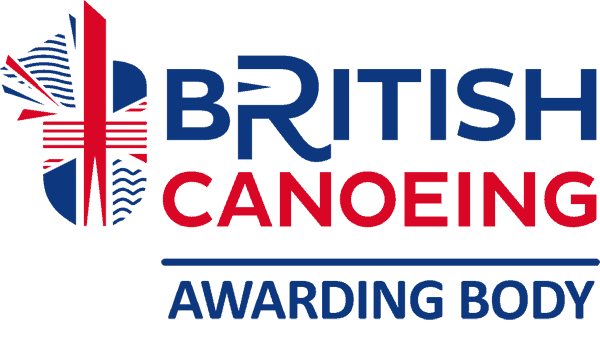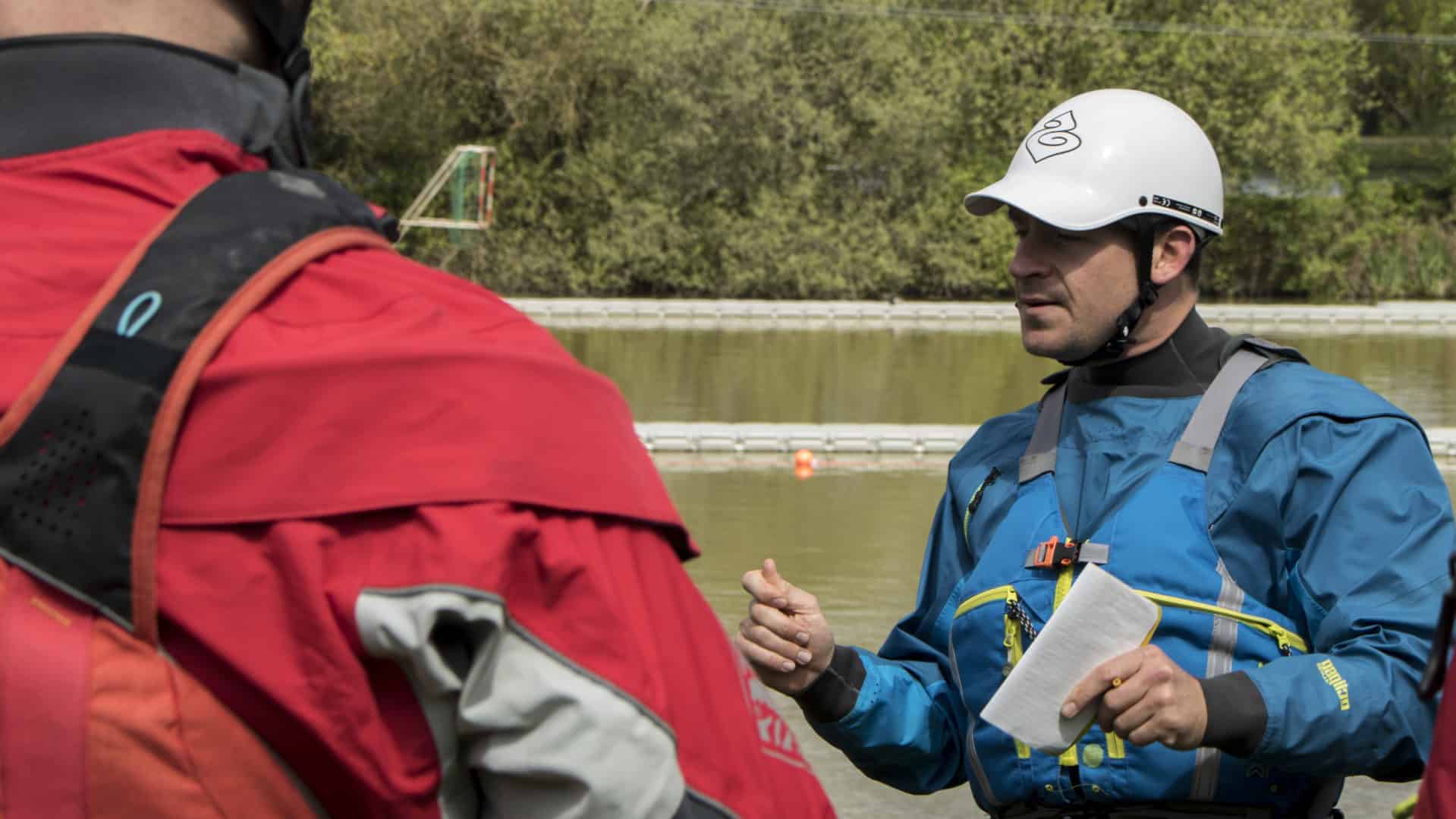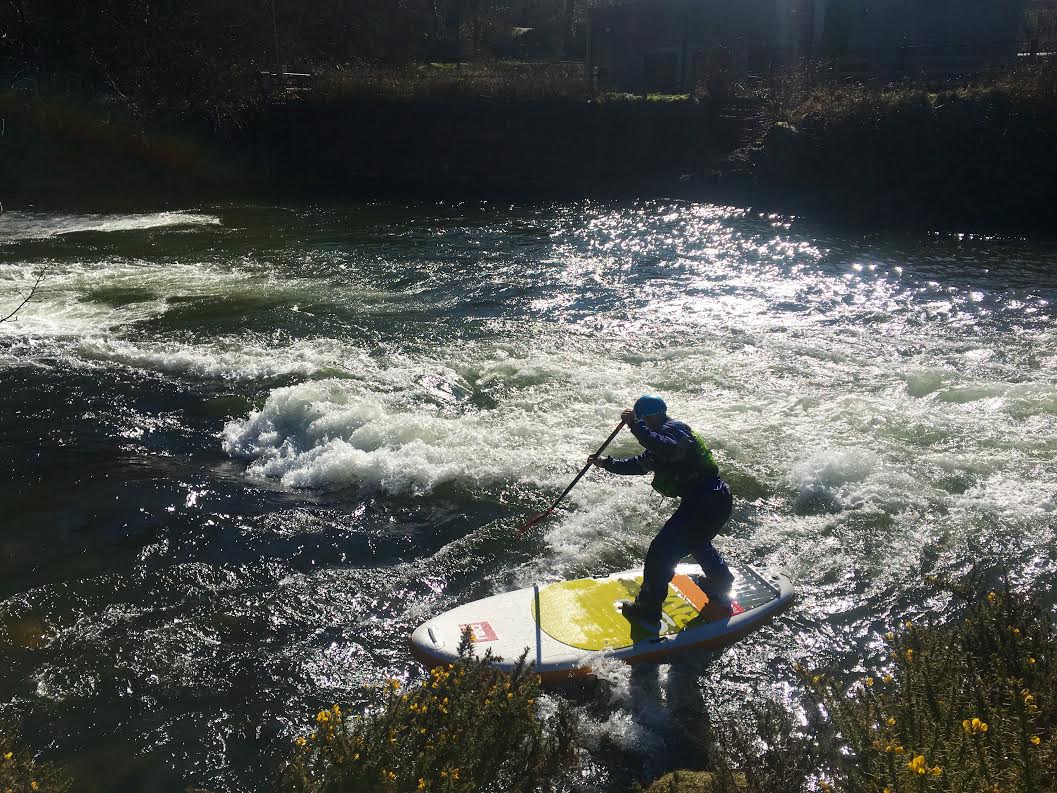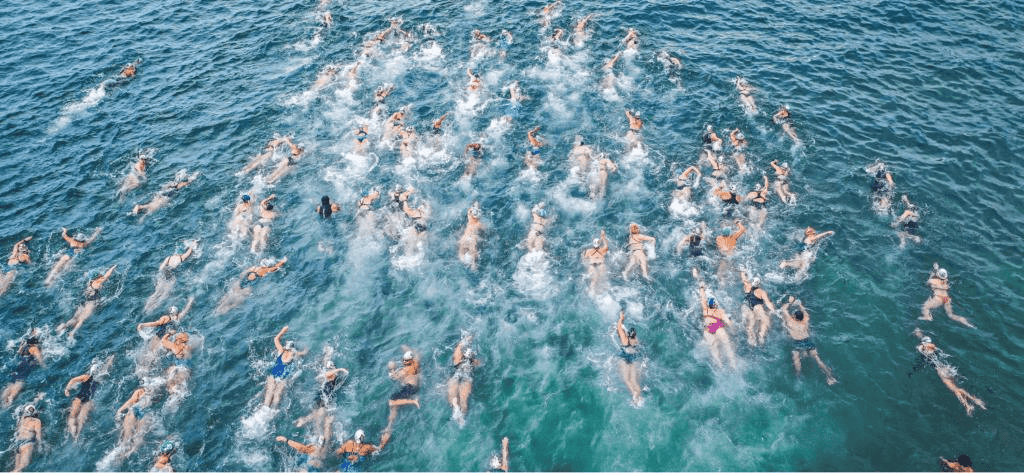Neurodiversity mini-series: Inclusive Practice Guidance
Part five of this mini-series contains guidance and tips for individuals, clubs and coaches wanting to support more neurodivergent paddlers, and create neuroinclusive paddling settings for everyone involved on the water.





